How children's play can guide learning
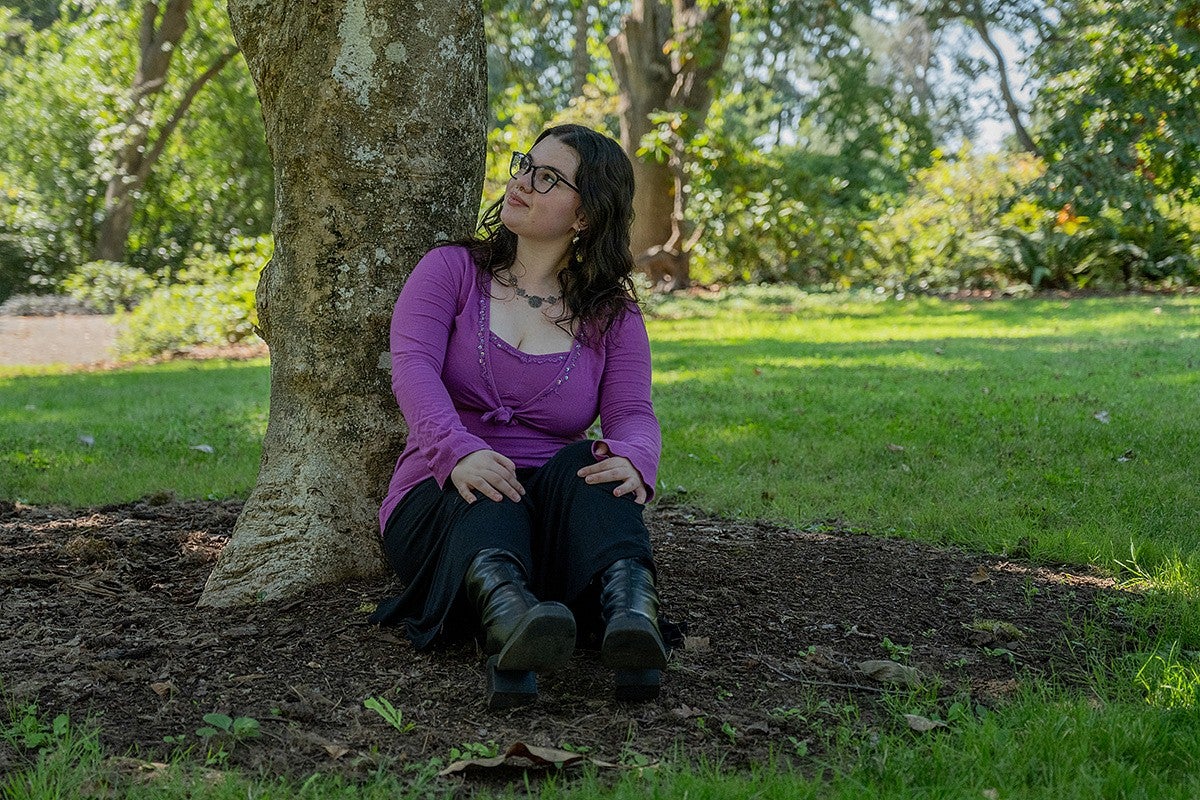
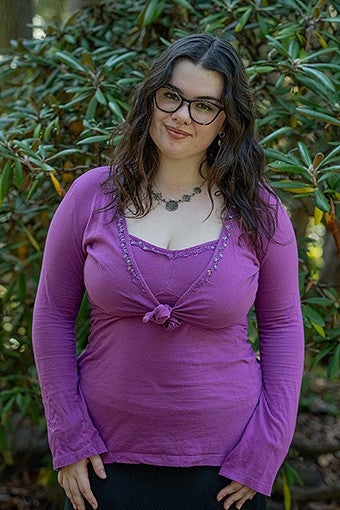
Year in school: Junior
Hometown: Nederland, Colo.
Major: Psychology
Minor: Music
Coffee or tea: Matcha
What's in the fridge: Home-cooked meals and fresh fruit
Song on repeat: “California” by Joni Mitchell
Favorite quote: “Do one thing every day that scares you.” – Eleanor Roosevelt
Advice for new CHC students: Don’t let imposter syndrome win. You belong here. Take advantage of the smart minds around you and continue to push yourself to learn. Balance is key; take care of your mind and body, and you will be able to accomplish your dreams with a healthy soul.
On a recent summer day, Sierra Matz trekked up a forested Eugene hillside with a gaggle of preschool students in line behind her. They explored the lush, green foliage, trying to spot everything from insects to different varieties of native plants that make the outdoors in the Pacific Northwest a special place.
The eight students each carried a magnifying glass so they could see things closeup. Within moments, one of the students spotted an unknown bug and let everyone know. As others rushed to investigate, Matz, a Clark Honors College junior who is majoring in psychology and music, walked the students from the Oregon Outdoor Kids Forest Preschool through the steps to identify the critter.
After a brief discussion, they told Matz they wanted to practice somersaults.
“I hope they create strong communication skills with each other and foster a meaningful connection to the natural world,” Matz said. “Learning in nature is truly learning with nature.”
You have to get young children “to a point that they understand something and learn its importance outdoors,” she added. “With experiential learning, they can come away with some much awareness, but you have to also let them learn at their pace.”
Matz wants to become a developmental psychologist and hopes to find a career “teaching people how to teach,” she said. “I want to work on a societal level at figuring out how we can work on our communication with children to better understand how they interpret a learning experience when they are outside in nature.”
She said she might decide to go to graduate school and she doesn’t rule out finding a career in a university setting. But she hasn’t made a decision yet on her future. “As a teacher, my life is constantly changing,” Matz said. “Whether it’s location, student groups or activities, I have to stay quick on my feet and prepare for anything.”
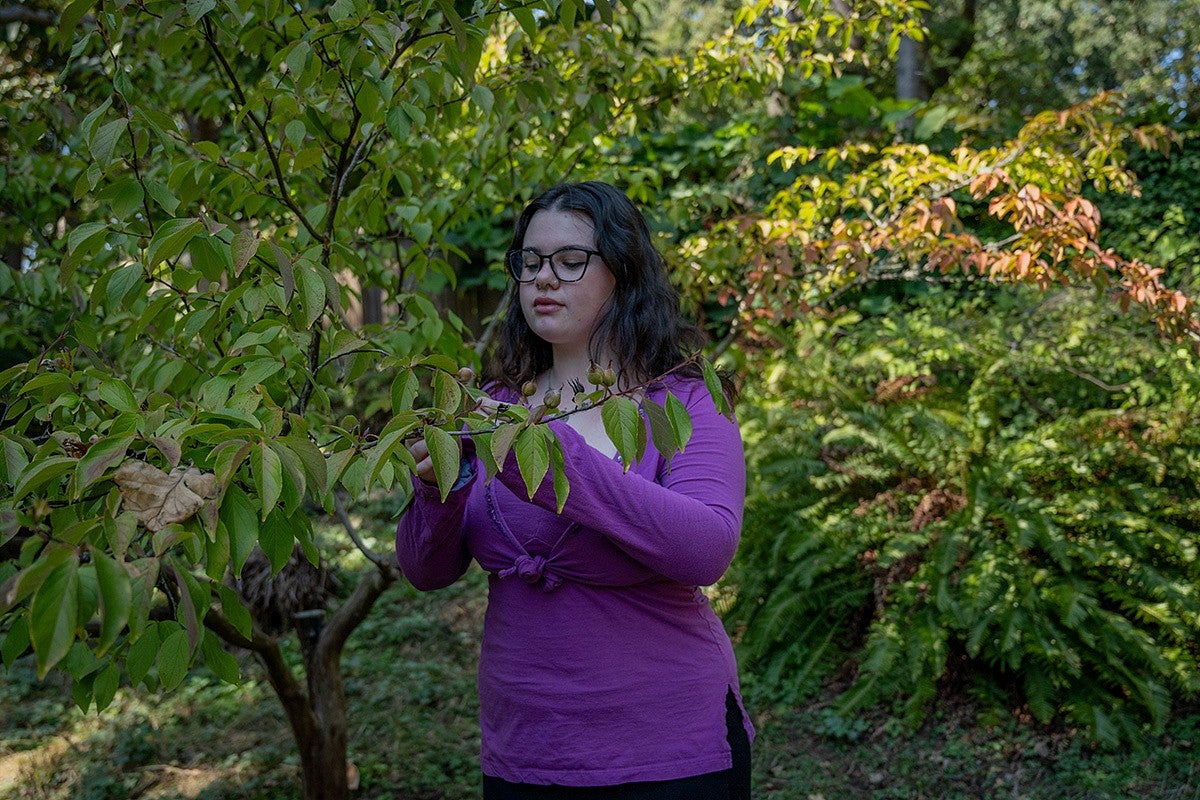
For Matz, working with children has always been intertwined with her desire to understand and promote experiential learning. The older of two children, her father works as a software engineer and her mother is a director of delivery for a technology services company.
Matz grew up in the small town of Nederland, Colo., located in the sprawling forested foothills just east of Boulder. She got her first taste of caring for children when her younger brother was born 10 weeks prematurely.
“It was a very scary time,” she recalled. “It was hard for our family. I remember a helicopter came to get us to the hospital and my mother had to have an emergency C-section. I was scared but I knew I had to be there to help my mother.” She was four years old at the time.
She says she remembers always babysitting for local families with children. She worked as a “mother’s helper” frequently. She learned CPR and received her emergency certification at 13. All the while, though, Matz wasn’t focusing on the money she earned from such jobs.
Instead, she was focused on how children behaved and why. “I have always found that when it comes to kids, we need to talk about reimagining how we view early childhood education,” Matz said. “Should we be thinking only about test scores? Or should be thinking about what in nature stimulates kids to have an interest in the natural world? I think we want kids to not have to spend their academic years sitting at a desk and reciting stuff.”
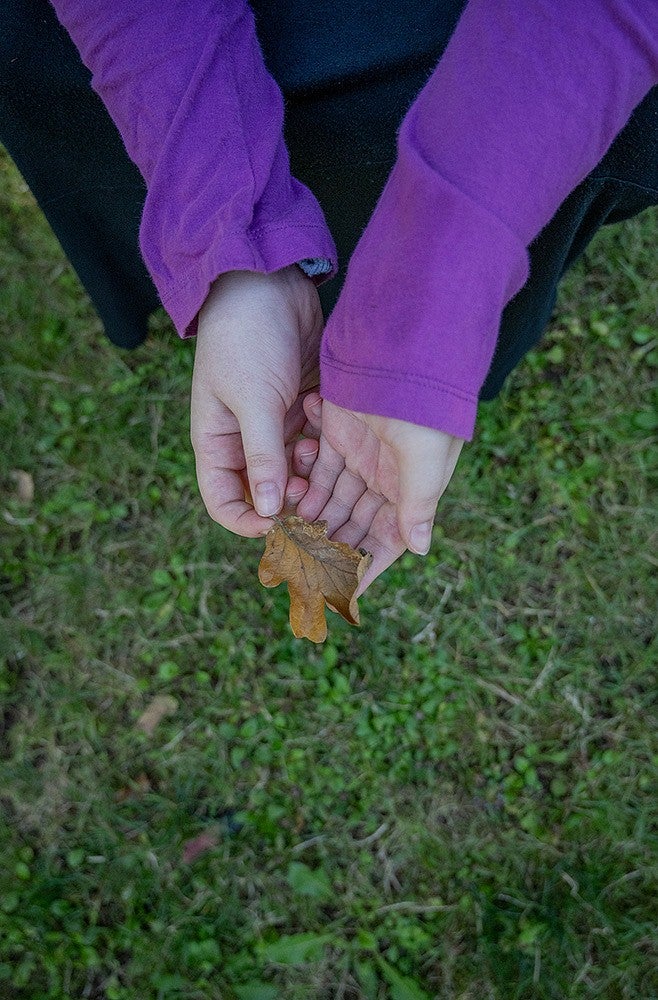
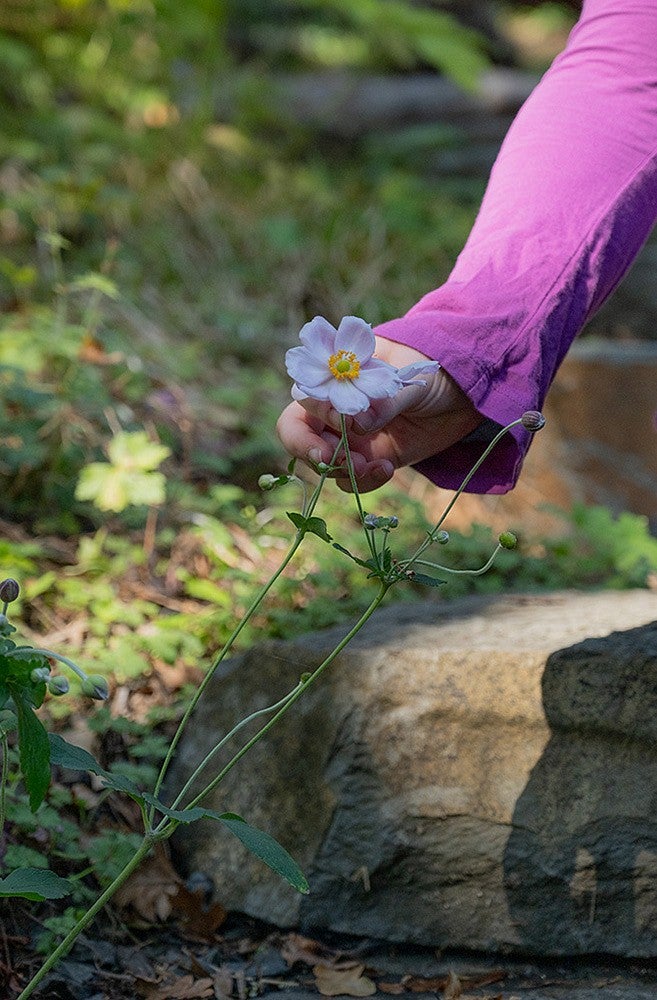
For her CHC thesis, Matz plans to visit several preschools around the Eugene-Springfield area to conduct research on how children are learning. How do youngsters behave when they are in the classroom and when they are trekking through the forest? What differences do we see in their responses to learning environments? What impact will this have as they grow up?
She estimates that only roughly one-third of preschools focus their energies on play-based or outdoor learning. She wants to be a change agent, using her experience as a preschool teacher to study outcomes.
Matz has plenty of examples to share. Last spring, she took a group of preschoolers on a hike up a difficult trail along Spencer Butte – a trek that not many adults can handle as an outing. She had spent the week before the hike talking about what the children might encounter. She gave them ideas of how to “self talk” whenever you are in the face of something difficult. They made it up and back.
Another time, she decided to test the patience of her students, asking them to sit quietly in a circle after walking through Hendricks Park. For 15 minutes, they listened to the sounds of nature surrounding them. “It was a great experience for all of us,” Matz recalled, adding that she saw a difference in each of them later in the day. “I could tell the students felt calmer after the activity.”
How, she wondered, do such practices assist children in their academic development? She said she sees bits and pieces of how behavior gets impacted by any number of exercises she leads with them. And she wants to study children more in depth.
“Should we be thinking only about test scores? Or should be thinking about what in nature stimulates kids to have an interest in the natural world? I think we want kids to not have to spend their academic years sitting at a desk and reciting stuff.”
She looks forward to attending graduate school because it will provide the opportunity to “work with peers who are just as passionate as me about changing the early education system,” she said. “I hope to even write a book or longer thesis, as well.”
Matz credits the Honors College faculty with getting her to think more about how to make a difference in the lives of others and get the most out of her education. She took CHC Professor Kate Mondloch’s “The Art and Science of Human Flourishing” class, which had a profound effect on Matz’s approach to how she treats herself after work and how she connects with the parents of her students.
“Communication can be hard when you only have so many ways to convey ideas to developing brains,” Matz said. “It just always baffles me how quickly they can spot on their own how to better their skills and even show others. It’s been quite a learning experience for me.”
